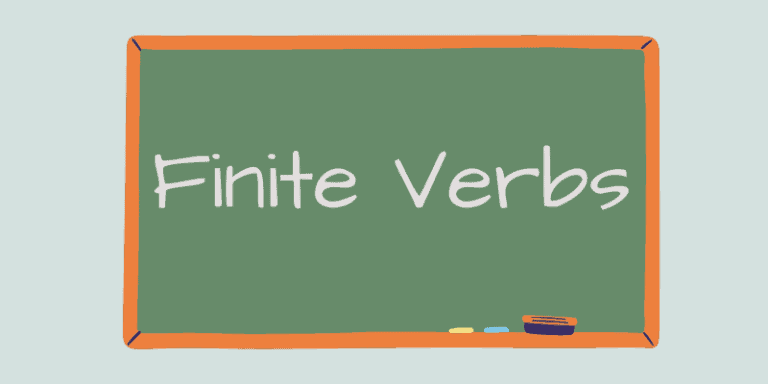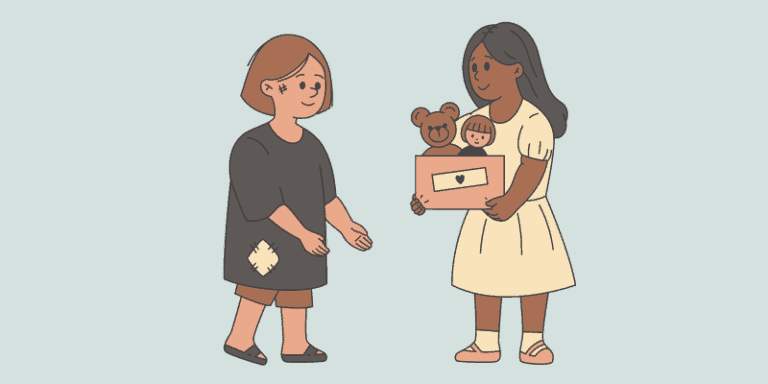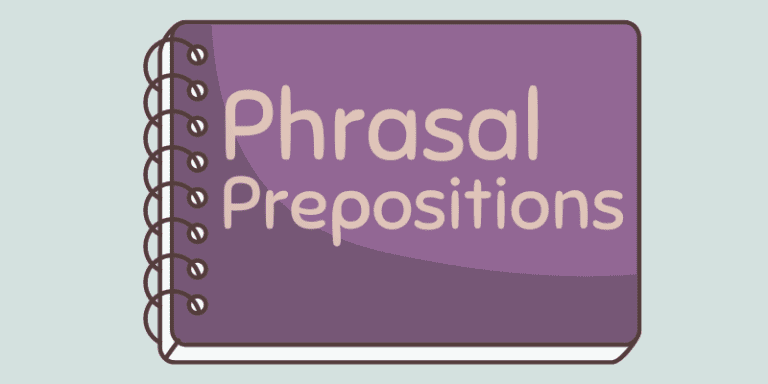Stick to, stick by, or stick with
To stick is to attach to something or not move. There are three prepositions that are commonly used with this verb, by, with, and to, which change the verb to a phrasal verb. For the most part these can be used interchangeably to mean remain loyal or be persistent, especially if there is hardship involved. In …





